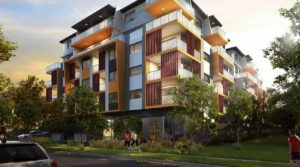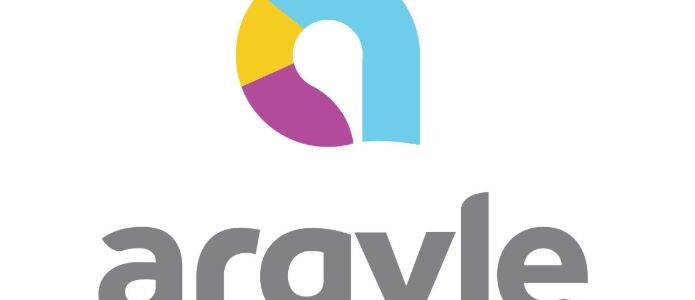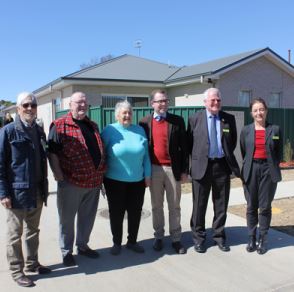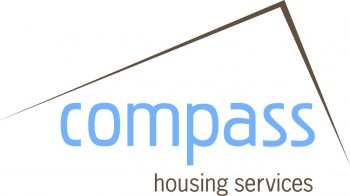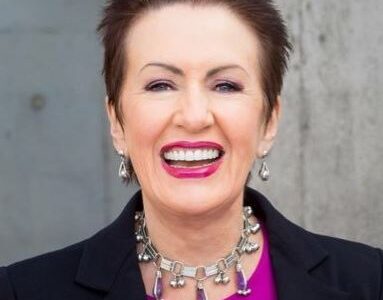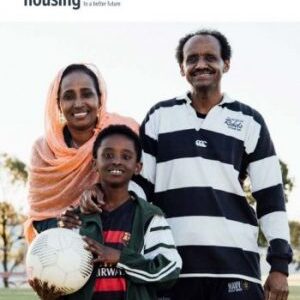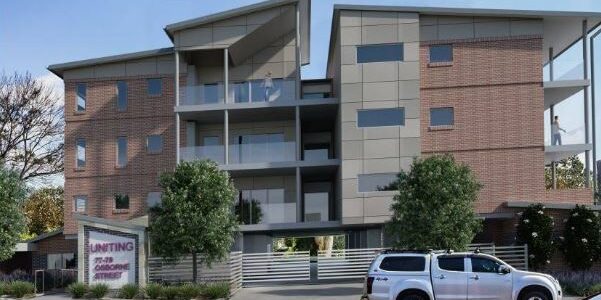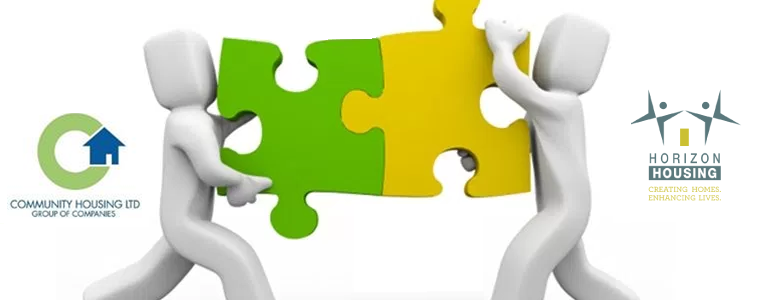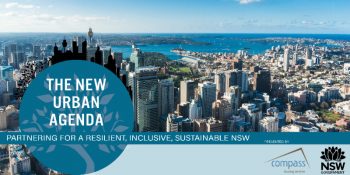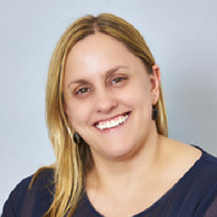CHIA Board member and City West Housing CEO Leonie King brings a unique perspective to her community housing role.
Leonie spent a number of years working in housing as a senior NSW Government executive. She bowed out of the bureaucracy in 2016 as an Executive Director in the Department of Family and Community Services, her most recent roles including responsibility for community housing and specialist disability accommodation.
‘I had developed a passion for the community housing sector,’ Leonie says, ‘And I thought the obvious thing to do was to go into in the sector that I had been involved in growing and supporting for a considerable period of time.
‘What has always appealed to me about housing, and about social and affordable housing in particular, is that tension between the commercial imperative and social objectives and how you use use both levers to make lives better for people. That makes it a very interesting area to work in because you are always having to make judgement calls and trade offs.’
Leonie is optimistic about community housing’s potential to develop and grow over the next few years.
‘There had been a bit of a drought nationally in recent years in terms of government focus and attention on the community housing sector, but now there are so many different parts of government that all see the community housing sector’s usefulness in terms of their ability to deliver on the government’s policy agenda.’
Not that the attention is without its difficulties, as different government agencies and tiers of Government have different contractual obligations and different risk profiles, adding to the administrative complexity and costs of managing multiple similar, but slightly different, programs and contracts.
‘It would be really nice to see a bit more consistency; if they contracted in a similar way, if the standard terms and the standard risk profile for like programs was similar that just makes the decision making process so much easier.’
City West has been a major beneficiary of the only planning scheme in Australia (in the City of Sydney) that sees developer contributions levied on developments and passed through directly to a community housing organisation.
‘We have received quite significant contributions under that model which is invested in new affordable housing.’
Leonie says it is unfortunate that many local governments who receive affordable housing in exchange for density bonuses to developers are hesitant to consider a role for community housing beyond property and tenancy management.
‘The standard model is that the councils receive those affordable housing units at the end of the project, maintain ownership and outsource the management; I think there is a potential missed opportunity in either transferring ownership to community housing providers or thinking about forming a joint venture or partnership arrangement with community housing at the front end of that process.
‘The strength of the City of Sydney model is that they saw that owning and managing community housing was not their core business or their core strength,’ Leonie says.
While City West Housing has not participated in the NSW Government’s transfer of more than 6,000 public housing properties to community housing providers in recent years Leonie, unsurprisingly, is a major fan of this initiative.
‘I passionately believe that the first major tranche of property transfers in NSW, which also saw a transfer of ownership, was the trigger that was needed at that time in NSW to build the balance sheet capacity for the sector so it could then borrow and deliver more affordable housing.’
NSW now has a number of large community housing providers, holding significant assets, undertaking development and operating at scale which is a direct result of those title transfers, she says.
‘If you want to grow through borrowing you can’t do that without a balance sheet.’
A number of those providers now stand to benefit from the NSW Government’s commitment to transfer the management of a further 14,000 public housing properties.
Looking to the future, Leonie would like to see more public housing transferred to the community housing sector.
‘I strongly believe in having a diversified delivery system to provide more choice and to create innovation. I think that is really hard to create when, as is the case in NSW, you still have a 130,000 property portfolio managed by one provider. So I would like to see change of at least management, if not ownership.
‘The more this sector grows, the more housing outcomes we can deliver for people…so I hope governments continue that trajectory.’

